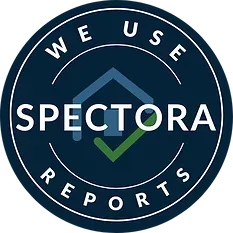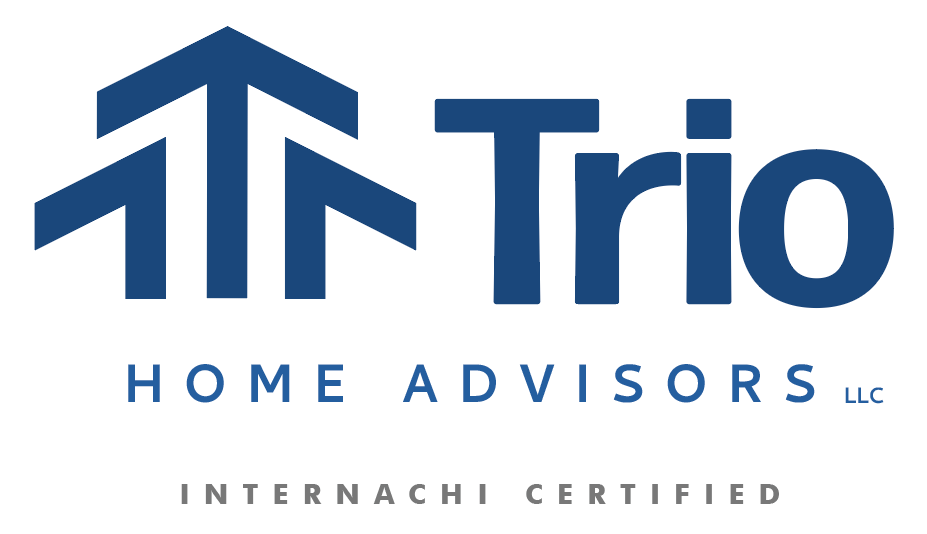Frequently Asked Questions
Questions?
How should I prepare for an inspection?
If you’re selling your house, here are some ways to make your home inspection go smoother, with fewer concerns to delay closing:
- Make sure the inspector has access not only to the house, but also to the furnace, water heater, and air-conditioning units (especially those housed in a closet, the attic, and/or the crawlspace).
- Remove any items blocking access to HVAC equipment, the electrical service panel, the water heater, etc. Home inspectors are not responsible for moving personal items for any reason.
- Check to see that the garage door is open and that any water heater, utility panel, shutoff valves, and re-sets for ground-fault circuit interrupters (GFCIs) inside it are accessible.
- Unlock areas that the inspector must access, such as attic doors or hatches, the electrical service panel, closets, fence gates, and crawlspaces.
- Ensure that all utility services are on, with gas pilot lights burning.
- Be sure your pets won’t hinder the inspection. Ideally, they should be removed from the premises or secured outside. Tell your agent about any pets at home.
- Replace burned-out bulbs to avoid a “light did not operate” report that may suggest an electrical problem.
- Remove stored items, debris, and stacked wood from the foundation area. These may be cited as conditions conducive to wood-destroying insects.
- Trim tree limbs to 10 feet from the roof and trim shrubs to 1 foot from the house to prevent obstructions to service lines and other potential hazards.
- Attend to broken or missing items, such as doorknobs, locks and latches, windowpanes, screens, and gutters, downspouts and chimney caps.
Checking these areas before your home inspection is an investment in selling your property and will expedite your closing.
If you are a buyer, have your agent contact the listing agent or the seller and request that they follow the same steps.
How long does a home inspection take?
The length of a home inspection is dependent upon several factors including the size, age and condition of the property. Because we like to be thorough our inspections usually take between 3 - 3.5 hours however as a general rule of thumb, it is said that inspections take about an hour per square feet.
Should I attend the inspection?
Yes, we encourage all of our clients to attend the inspections. This is a great time to ask questions you may have. It also gives you an idea of the condition of the home during the inspection. After the inspector has completed the inspection, they can review their findings at your request. Your attendance helps avoid any miscommunication between the inspector, client, and agents. Keep in mind that home inspectors legally cannot permit you to enter the home without your agent present.
How far does your service area cover?
We serve the Atlanta metro and greater Atlanta areas however, we are willing to service areas across Georgia for an additional travel fee. Contact us for details.
Are you a licensed inspector?
No, home inspectors are not regulated in the state of Georgia so licenses are not required. However, all of our inspectors will have some combination of training from NAHI, InterNACHI, ASHI or a similar accredited institution. Our inspectors are also required to pass the National Home Inspection Exam which is widely recognized as the industry standard and is used in 35 states for home inspection licensing.
Do you offer repair estimates?
No, we do not offer estimates but we can provide you with resources to help point you in the right direction. I always encourage my clients to view homewyse.com for free estimates.
Will you walk the roof?
Yes, if we deem it is safe to do so we will walk the roof. We have ladders on standby if necessary. If we decide to walk the roof we will simply use a drone if the roof is inaccessible or has portions that are not visible for whatever reason.
What is Radon?
Radon is a tasteless, colorless, odorless gas that is a product of decaying uranium within the earth. The EPA has deemed radon the second leading cause of cancer behind smoking. The EPA has determined that if the level of radon in your home is more than 4.0 pCi/L (picocuries per liter) you should have radon remediation performed. It can readily move through voids in rocks and soils, and enter homes with other soil gases, through cracks and other openings in building foundations.
How do you test for mold?
Mold is not always visible in homes and can be concealed behind walls, or under floors. Using an environmental tester we will take samples and send them to a lab where they will provide a comprehensive report on the presence or absence of mold and what kinds of mold were identified.
Do you inspect septic systems?
No, we do not inspect septic systems. The evaluation of septic systems is beyond the scope of a home inspection. We always recommend consulting with the sellers in regards to how the system has been maintained, and if there have been any issues with the system. It is not the responsibility of the inspector to verify the presence of septic tanks. It is up to the seller, agent, or utility company to disclose. Our inspectors role is to identify the visible plumbing components.
What Type of Reports Do You Use?

We use visual and highly interactive reports powered by Spectora reporting software.
